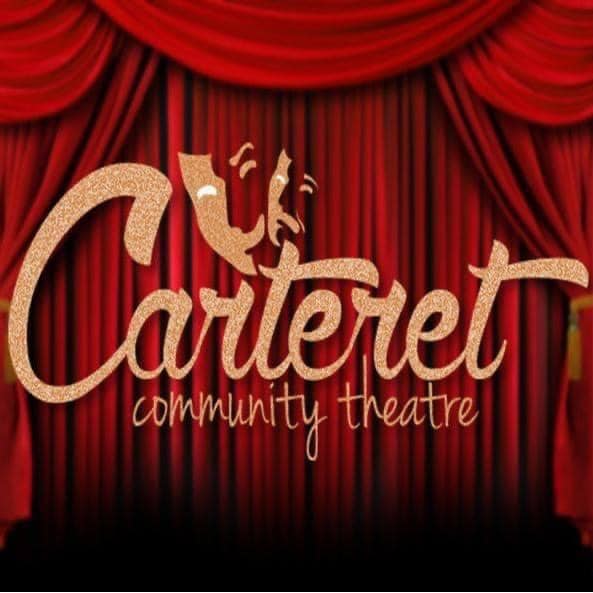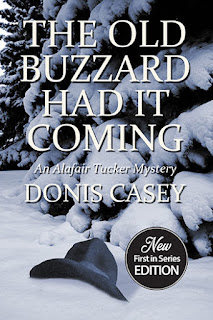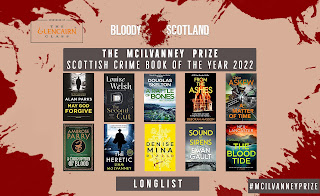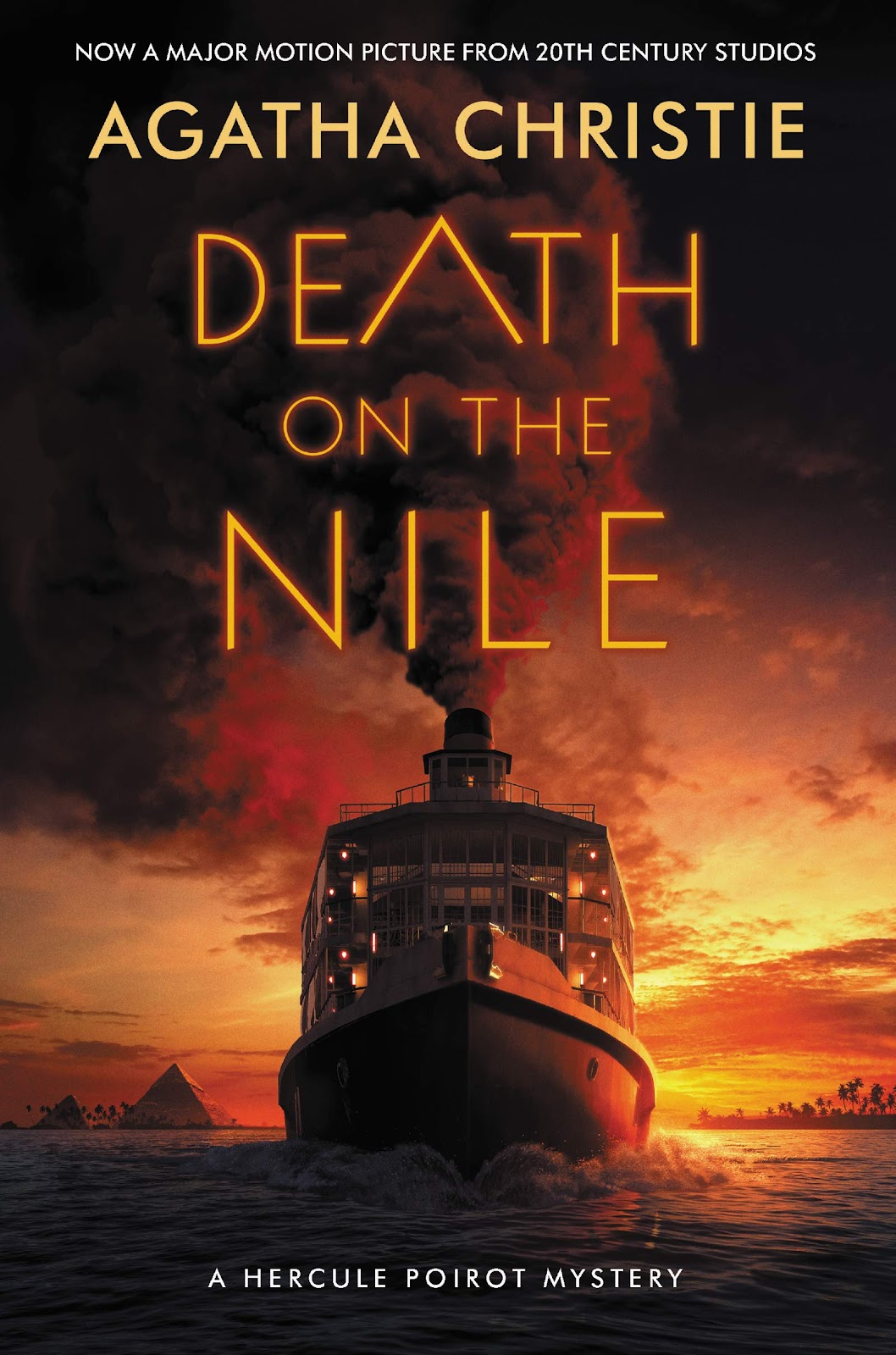by Charlotte Hinger
I've almost let this day slip by without posting. Truth is I've had such a frustrating experience with Amazon that I'm beside myself. Now that's an outdated usage if there ever was one. "Beside myself" I mean. I have plenty more old usages.
The fact is, I would be much better off if I really were standing beside myself or otherwise completely detached from this problem. Or hovering over myself or psychologically in a pleasant place instead of being completely engaged with this apparently insoluble mind-wrecking situation.
I will send a complete set of my Lottie Albright mysteries to anyone who can solve my problem. Here it is:
I have sold copies of my first historical novel, Come Spring, on Amazon Vendor Central for many years. Twelve, I think. The company sends an email when it has an order. The orders come from warehouses, not customers. Suddenly, I cannot log in to my account. There is no central support email for Vendor Central without logging in.
But I can't log in. That's the point. When I try workarounds like changing my password, it changes the email to my customer account. Which I do not want to do. The hang-up may be in the two-step verification which also wants to address my customer account. I don't receive the code on my iPhone, nor will they call me. Which suggests that there is something wrong with the stored phone number. But there doesn't appear to be. Naturally since I can't log in, I can't check the validity of this information. Besides, it's been there for 12 years and worked just fine.
All the emails sent from Amazon through customer support are boiler plate and address problems with a customer account, not a Vendor Central account.
Solutions will be gratefully tried. Remember, this is a Vendor Central account, NOT a seller central account.
Tiredly,
Charlotte




















